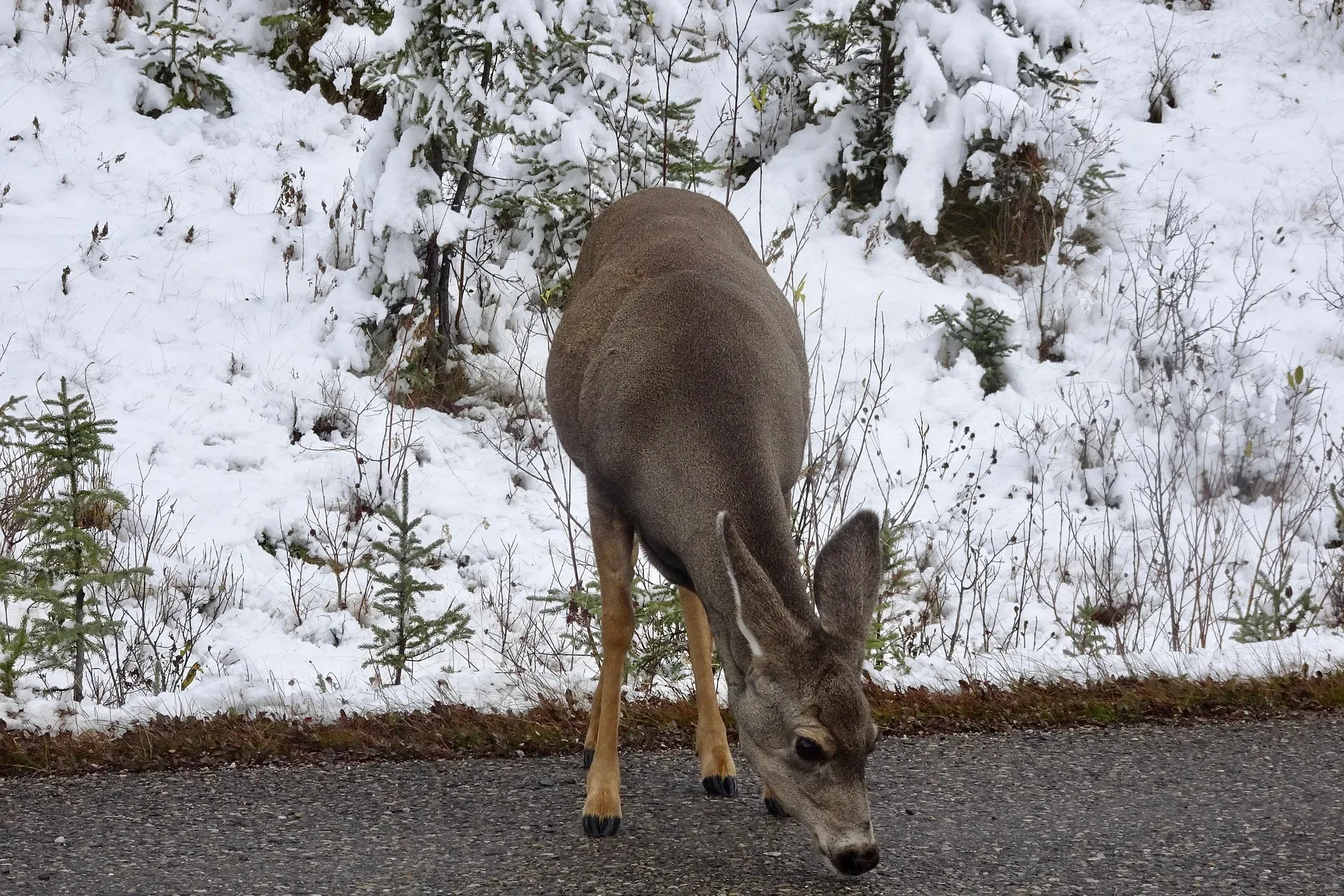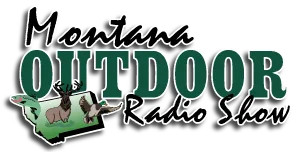A second incidence of Chronic Wasting Disease is suspected on the Flathead Indian Reservation from a sample test returned Wednesday from a harvested white-tailed deer.
CSKT’s Division of Fish, Wildlife, and Recreation and Conservation staff received the initial positive test results Nov. 12 from the State Laboratory. CSKT’s Wildlife Program sent in the suspected sample Nov. 3rd from a harvested white-tailed deer. The program has been sending in samples weekly. As a matter of protocol, the positive sample is currently being tested at a second facility to confirm a positive incidence of CWD.
However, in part due to a confirmed case of CWD in January, CSKT’s wildlife program has activated initial response measures contained in the Tribes’ protocol from the CWD Surveillance and Management Plan.
“Our goal is to protect the community and prevent further spreading within our Reservation,” said Rich Janssen, Natural Resources Department Head. “Tribal hunters need to be testing their harvests.”
CWD is a fatal neurological disease that effects deer, elk and moose and is spread by animal-to-animal contact, but can also be spread by dumping carcasses in unaffected areas.
Ways to Help Protect Everyone
CSKT Wildlife needs the help of Tribal hunters by testing all harvested white-tailed deer for CWD (as well as mule deer, elk and moose) that are harvested from the CWD Management Zone (See Map). More detailed maps are available for hunters planning on harvesting in the area. Four big game check-stations are available every Thursday – Sunday for hunters to have animals sampled at no cost. Our Polson office (408 6th Ave East, Polson) is open Monday – Thursday to collect samples. We also have hunter sample kits available to pick up at check stations if hunters feel comfortable taking samples themselves in the field.
Hunters can process the meat while waiting for results, just be sure it is kept separate from all other meat until negative test results are received. It is also highly recommended not to use any additional parts of an animal (brain, hide, etc.) until it is certain the animal is negative for CWD.
This disease can be spread to new areas on the Reservation if any part of an infected carcass is dumped in the woods. Dispose of all unused parts as normal household trash in a plastic garbage bag, or at the Polson Transfer Station (or any Class II landfill). DO NOT dump a carcass in the woods unless there is confirmation that the animal is negative for CWD, otherwise CWD will be spread to big game in the new area.
NOTE: It is extremely important for the health of everyone and our big game herds that any deer, elk or moose harvested from this area is tested for Chronic Wasting Disease before consumption. The U.S. Centers for Disease Control has issued guidance that animals that test positive for CWD should not be consumed. No vaccine currently exists for CWD, and if it were to spread to humans it would likely be through consuming infected meat.
Objectives for CWD Management plan include:
• Minimizing spread of CWD to surrounding big game
• Communicating the status of Chronic Wasting Disease within the identified CWD Management Zone (Mission Mountain, Mission Valley, Pistol Creek WMU’s; see map):
o Including Wildlife Management Units where CWD positive animals might be located
o Instructions on how to test animals prior to consumption and guidelines to safely process and dispose of carcasses
Source: CSKT
Photo:Pixabay








